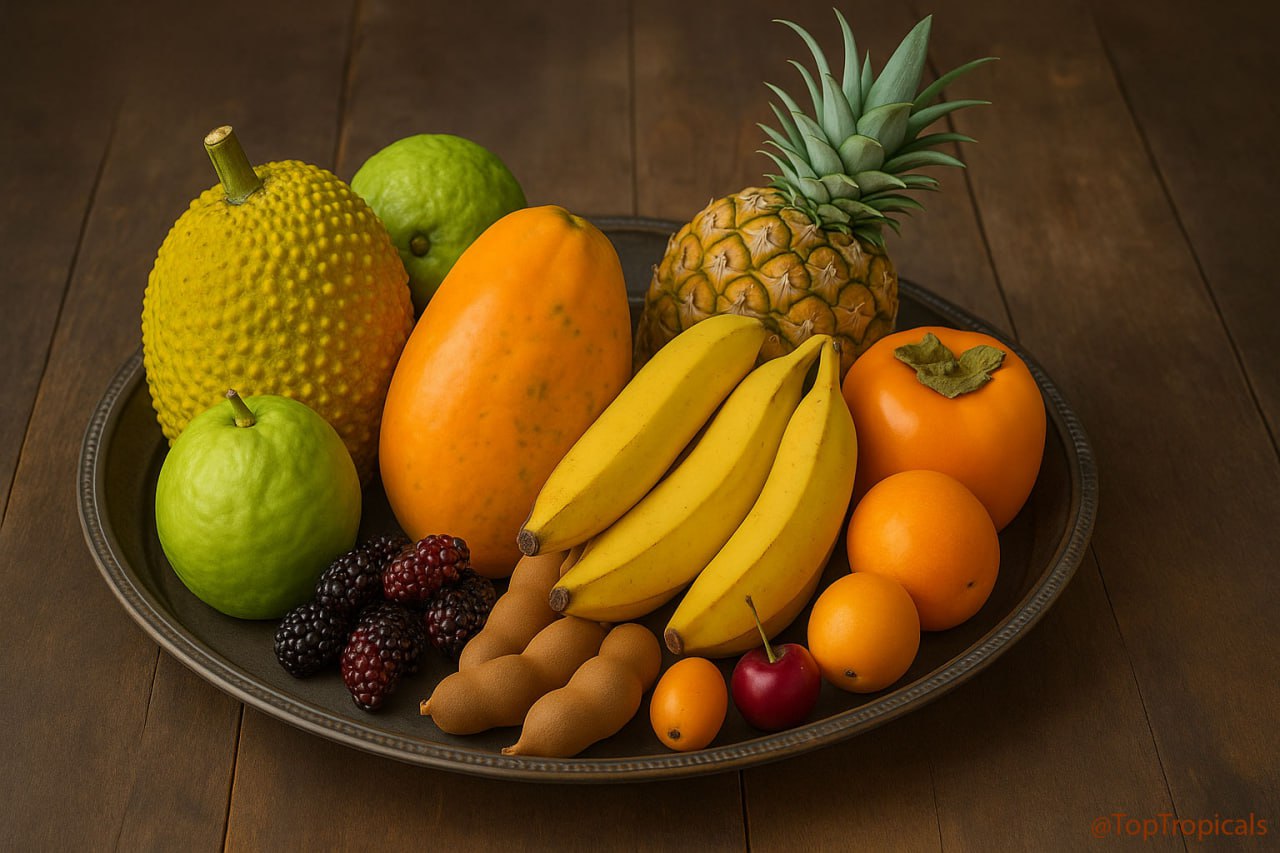High blood pressure, also known as hypertension, is a common yet serious condition that affects nearly half of U.S. adults, according to the Centers for Disease Control and Prevention (CDC). Often called the “silent killer,” it usually shows no symptoms but significantly increases the risk of heart disease, stroke, and kidney problems.
The good news? Alongside lifestyle changes, diet plays a major role in managing blood pressure naturally. Certain foods are proven to help lower blood pressure, improve artery health, and reduce strain on the heart.
This article explores the best foods to control high blood pressure, supported by scientific studies, practical advice, and easy-to-follow recommendations.
Why Diet Matters in Managing Blood Pressure
Your daily food choices directly affect blood pressure. Excess sodium, processed foods, and sugary drinks can raise it, while nutrient-rich foods—especially those high in potassium, magnesium, fiber, and antioxidants—help bring it down.
The DASH diet (Dietary Approaches to Stop Hypertension), developed through research funded by the National Heart, Lung, and Blood Institute, has shown remarkable results in lowering blood pressure through nutrition alone.
By understanding which foods to include in your meals, you can naturally support your heart health and avoid long-term complications.
Top 15 Best Foods to Control High Blood Pressure
Here’s a list of scientifically backed foods that can help lower and control hypertension:
1. Leafy Green Vegetables
Spinach, kale, collard greens, and Swiss chard are rich in potassium, which helps the kidneys remove excess sodium from the body, lowering blood pressure.
- How to eat: Add fresh spinach to smoothies, sauté kale with garlic, or toss arugula into salads.
2. Berries
Blueberries, strawberries, and raspberries are packed with flavonoids—natural compounds that improve blood vessel health and reduce hypertension risk.
- Scientific support: A Harvard University study found that people who consumed more blueberries had an 8% reduction in their risk of developing high blood pressure.
3. Bananas
Bananas are one of the best sources of potassium, a key mineral for balancing sodium levels in the body.
- How to eat: Slice bananas over oatmeal, blend into smoothies, or enjoy as a quick snack.
4. Oats
Oats contain beta-glucan, a soluble fiber shown to reduce both systolic and diastolic blood pressure.
- Pro tip: Start your day with overnight oats topped with nuts and berries for maximum benefit.
5. Beets
Beets are rich in nitrates, which convert to nitric oxide in the body, helping relax blood vessels and improve circulation.
- Scientific evidence: A study from Queen Mary University of London found that drinking beetroot juice significantly lowered blood pressure in hypertensive patients.
6. Fatty Fish (Salmon, Mackerel, Sardines)
Omega-3 fatty acids in fatty fish reduce inflammation, improve arterial health, and lower blood pressure.
- How to eat: Grill salmon with lemon and herbs or add sardines to whole-grain toast.
7. Garlic
Garlic contains allicin, a compound that promotes vasodilation (widening of blood vessels), lowering blood pressure.
- Tip: Use fresh garlic in cooking or consider garlic supplements with a doctor’s approval.
8. Yogurt
Low-fat yogurt is high in calcium and probiotics, both of which play a role in maintaining healthy blood pressure levels.
- Study highlight: Research published in the American Journal of Hypertension found that people who ate yogurt regularly had a lower risk of developing hypertension.
9. Dark Chocolate (70% or higher)
Rich in flavonoids, dark chocolate improves nitric oxide production, which relaxes blood vessels.
- Moderation is key: A small square a day is enough—avoid varieties with added sugar.
10. Nuts and Seeds
Almonds, pistachios, flaxseeds, and chia seeds are full of magnesium, fiber, and healthy fats that benefit heart health.
- Best choice: Opt for unsalted nuts to avoid hidden sodium.
11. Whole Grains
Brown rice, quinoa, and whole wheat bread provide fiber and nutrients that improve heart health and regulate blood pressure.
12. Olive Oil
A staple of the Mediterranean diet, olive oil is rich in healthy fats and antioxidants that support healthy arteries.
13. Legumes (Beans and Lentils)
Lentils, black beans, and chickpeas are excellent plant-based sources of protein, potassium, and fiber.
14. Watermelon
Watermelon contains citrulline, an amino acid that improves blood flow and reduces blood vessel stiffness.
15. Pomegranates
Drinking pomegranate juice regularly has been shown to reduce systolic blood pressure due to its antioxidant properties.
Foods to Limit for High Blood Pressure
While adding healthy foods is important, limiting harmful ones matters just as much.
| Foods to Avoid or Limit | Reason |
|---|---|
| Processed foods (canned soups, frozen meals) | High in sodium |
| Red and processed meats | Saturated fats raise blood pressure |
| Sugary drinks | Lead to weight gain and metabolic issues |
| Alcohol (excessive) | Raises blood pressure and heart risks |
| Packaged snacks (chips, crackers) | Hidden sodium and unhealthy fats |
Sample 1-Day High Blood Pressure Friendly Meal Plan
| Meal | What to Eat |
|---|---|
| Breakfast | Oatmeal topped with blueberries, flaxseeds, and banana slices |
| Snack | Low-fat yogurt with strawberries |
| Lunch | Lentil salad with spinach, tomatoes, and olive oil dressing |
| Snack | A handful of unsalted almonds and dark chocolate |
| Dinner | Grilled salmon with quinoa and steamed broccoli |
| Drink | Fresh beetroot juice or water with lemon |
Lifestyle Tips Alongside Diet
- Limit sodium intake: Aim for less than 1,500–2,300 mg daily.
- Stay hydrated: Water supports kidney function and sodium balance.
- Exercise regularly: At least 30 minutes a day helps reduce hypertension.
- Manage stress: Meditation, yoga, and deep breathing can lower blood pressure.
- Maintain a healthy weight: Even a small reduction in weight can improve numbers.
FAQs About Foods and High Blood Pressure
1. What is the best fruit for high blood pressure?
Berries, bananas, and watermelon are among the best due to their potassium and antioxidant content.
2. Is coffee bad for high blood pressure?
Caffeine can cause short-term spikes, but moderate coffee intake is safe for most people. Monitor how your body responds.
3. Can drinking water lower blood pressure?
Staying hydrated helps maintain proper blood circulation, but water alone won’t directly lower blood pressure.
4. Are eggs good for high blood pressure?
Yes, in moderation. Eggs are a good source of protein, but stick to boiled or poached rather than fried.
5. What is the best diet overall for high blood pressure?
The DASH diet and Mediterranean diet are both highly recommended for controlling hypertension.




